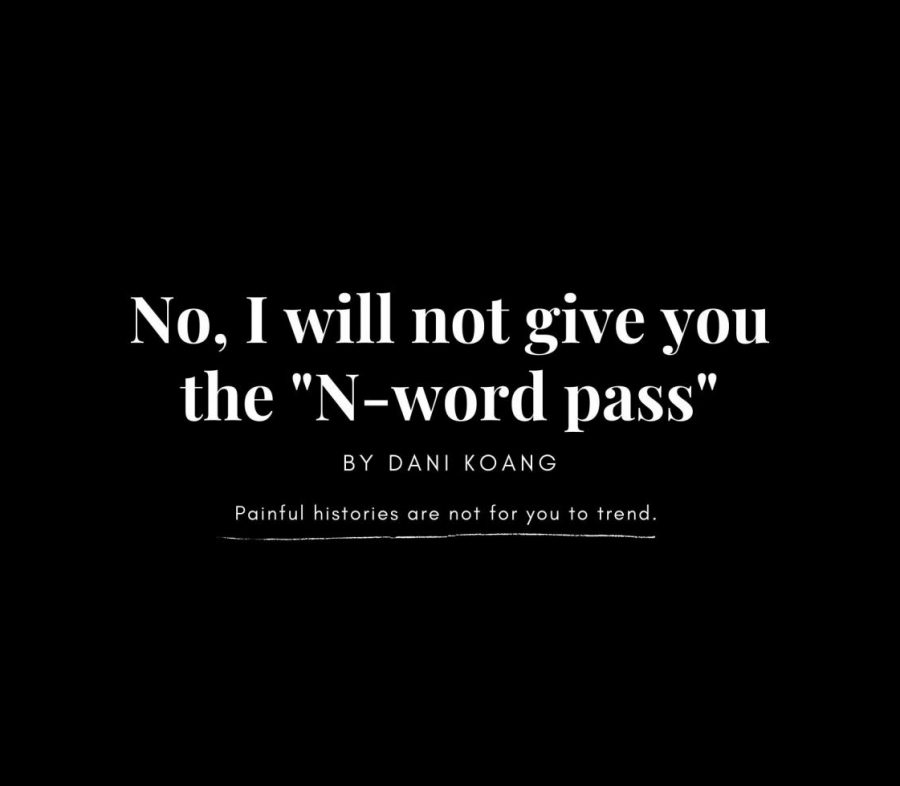The fact that Black people are still fighting to see the use of the German equivalent of the "N-word" deemed racist, Arce said, should be telling. In December, the State Constitutional Court of Mecklenburg-Western Pomerania, the equivalent of a state Supreme Court in the U.S., issued an ambiguous ruling suggesting that, while the term's use can be pejorative, whether it should be considered discriminatory depends on the context in which it is used.
阿尔塞说,在黑人的眼中,他们将德国使用“N-word”字眼的人认为是种族主义者,并一直为此斗争,这一事实应该是很有说服力的。去年12月,美国州梅克伦堡-西波美拉尼亚州宪法法院(相当于州立最高法院),发布了一项模棱两可的裁决,认为尽管“N-word”的使用可能带有贬义含义,但是否应被视为具有歧视性质,这取决于使用背景。
The ruling sparked an outrage among many, with more than 130,000 people signing an online petition published on Change.org to see the N-word deemed racist in Germany.
这一裁决引发了许多人的愤怒,超过13万人签署了一份发布在Change.org上的线上请愿书,要求在德国看到“N-word”,就视为种族主义者。

"Can you imagine activists in the U.S. fighting to get the government to recognize the N-word as a bad word?" Arce said. "So, if you are a Black person and someone screams the N-word at you over and over again while attacking you, it won't be tried as a hate crime."
“你能想象美国的激进分子为了让政府认识到N-word是个贬义词而进行斗争吗?”阿尔塞说。“所以,如果你是一个黑人,有人在攻击你的时候一遍又一遍地对你喊N-word,那就不会被当作仇恨罪来审判。”
Even since Floyd's death, with protests being held under the BLM banner in Berlin and a global conversation taking place about systemic racism, Arce believes many Germans continue to view it as a largely U.S. problem. "No one here is talking about this, it's extremely rare," she said. When Arce and other advocates do get contacted by the press, she said, it's to be asked to comment on racism in Germany "from a personal anecdotal level," rather than to talk about it "from a structural level."
即使弗洛伊德死后,柏林的抗议活动高举“黑人的命也是命”旗帜,全球范围内关于系统性种族主义的讨论也如火如荼,阿尔塞认为,许多德国人仍然将其视为主要是美国的问题。“这里没有人在谈论这个,这是极其罕见的,”她说。当媒体联系阿尔塞和其他倡导者时,她说,应该“从个人轶事的角度”来评论德国的种族主义,而不是“从结构层面”来谈论。
译文由可可原创,仅供学习交流使用,未经许可请勿转载。














